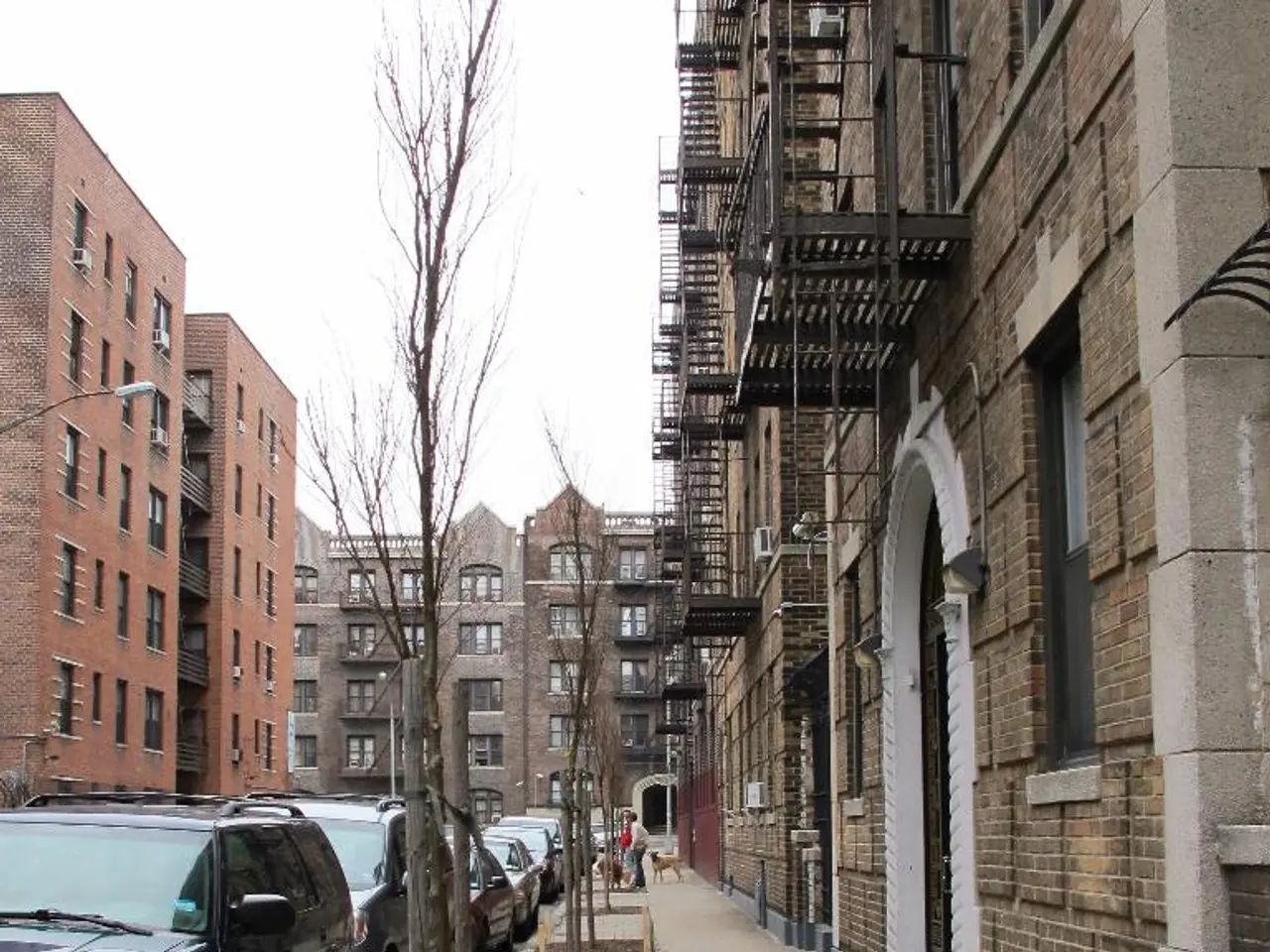UK Housing Crisis Deepens Due to Outdated Planning Laws
The UK's housing crisis is deepening due to outdated planning laws, according to a new report by Centre for Cities. The current case-by-case planning process, based on the 1947 Town and Country Planning Act, is hindering housebuilding and creating an unpredictable system.
The UK population has grown faster than homes for sale have been built, leading to a deficit of 4.3 million homes since the 1950s. This has resulted in housebuilding rates below European averages and a surge in rent and house prices. To tackle the problem, England alone would need to build 442,000 homes a year over 25 years or 654,000 homes over the next decade.
Centre for Cities has recommended governmental reforms to improve planning systems and address the housing crisis. This includes simplifying the planning process, increasing local government capacity, and enhancing collaboration between central and local governments. The think tank also suggests shifting to a rules-based planning system with flexible zoning processes to guarantee more land for new homes and make higher-quality homes for sale affordable. Planning rules currently allow local authorities high discretion, restricting development and leading to a drop in housebuilding rates since the 1947 Town and Country Planning Act was introduced.
Without significant reforms, it would take at least 50 years to fulfill government aims of building 300,000 homes a year at current rates. The Centre for Cities report highlights the urgent need for change to address the UK's housing crisis and ensure more affordable homes for sale are built.
Read also:
- Orioles' 2025 Turnaround Powered by Late-Season Pitching Acquisitions
- The Cost of Speech is Zero, True Strength Lies in Unity
- Beginning a Food Truck Venture: Crucial Stages to Achieve Profitability
- Aiming to simplify the move towards cleaner automobiles, the newly established ministry plans to take direct action with Pannier-Runacher, Létard, and Vautrin at the helm.




